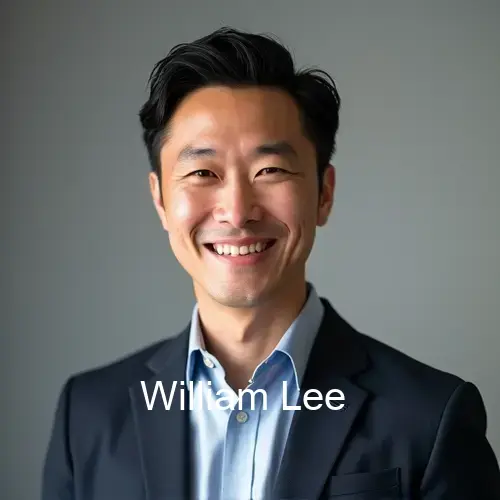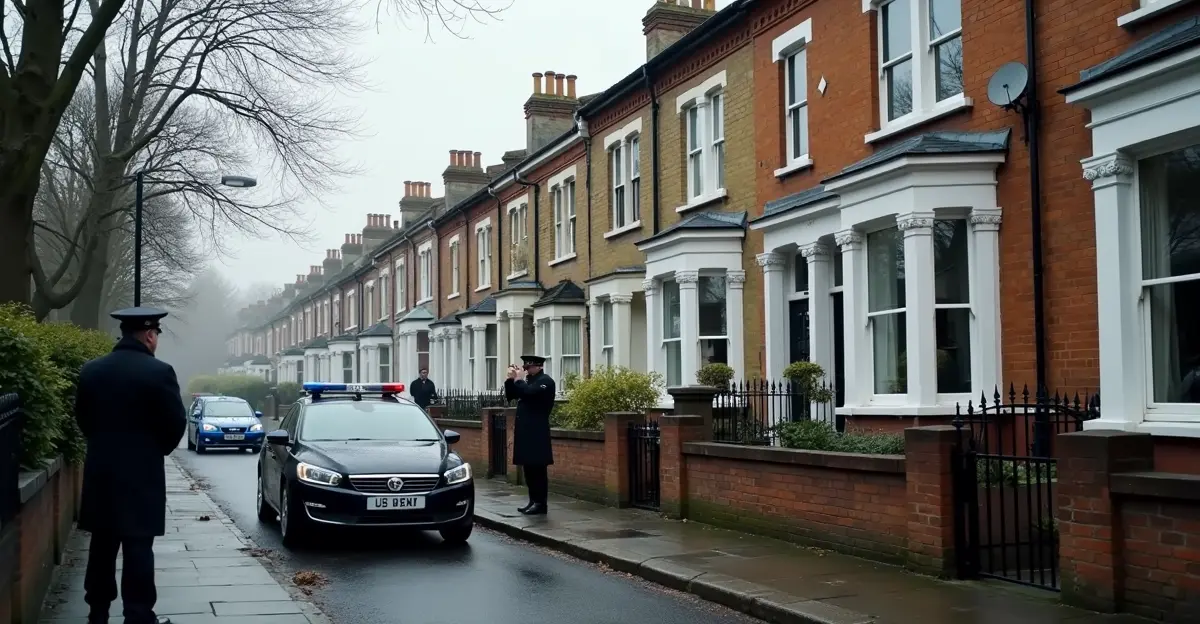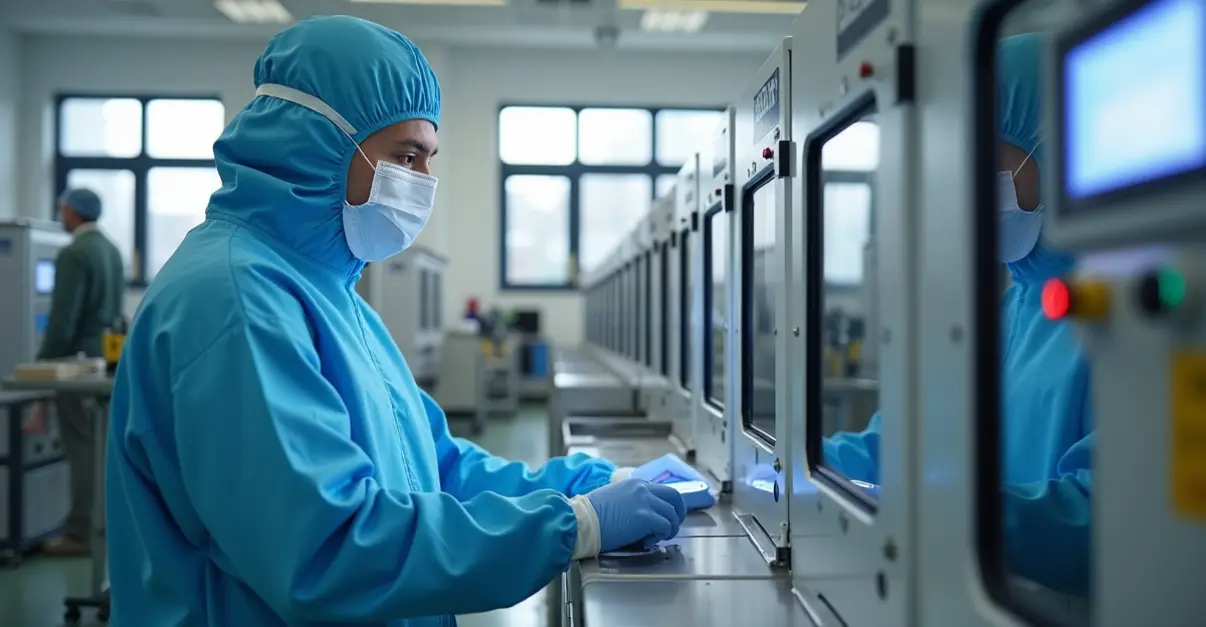
William Lee
About William
William Lee: Crónicas de la Justicia
La Formación de un Periodista Legal
Nacido y criado en Chicago, William Lee desarrolló una temprana fascinación por el sistema de justicia mientras observaba procedimientos judiciales con su padre abogado. Después de graduarse magna cum laude de la Escuela de Periodismo Medill de la Universidad Northwestern, comenzó su carrera en el Chicago Tribune, cubriendo casos judiciales locales. Su excepcional habilidad para traducir jerga legal compleja en reportajes accesibles le valió un rápido reconocimiento. William luego se unió al equipo de investigación del Washington Post, donde su cobertura de decisiones de la Corte Suprema y asuntos de la judicatura federal lo estableció como una voz líder en el periodismo legal.
Reportajes Históricos y Momentos Destacados de su Carrera
A lo largo de su distinguida carrera de 20 años, William ha cubierto casos históricos, incluyendo batallas cruciales sobre la Primera Enmienda, juicios por fraude corporativo y desafíos constitucionales. Su serie de investigación sobre disparidades en sentencias ganó el Premio George Polk por Reportaje Legal, mientras que su cobertura de audiencias de confirmación judicial ha sido citada en publicaciones académicas. Los reportajes exclusivos de William sobre investigaciones de mala conducta judicial llevaron a que tres jueces federales renunciaran al cargo. 'La sala del tribunal no es solo donde se interpretan las leyes, es donde se transforman vidas', suele comentar William. 'Mi misión es documentar esa transformación con precisión y compasión.'
Filosofía e Impacto
William aborda el reportaje legal como periodista y educador. Creó el popular boletín "Courtside" que explica conceptos legales a más de 50,000 suscriptores y aparece regularmente como analista legal en las principales cadenas. Su libro "Gavel to Gavel: Understanding America's Justice System" se convirtió en un libro de texto estándar para periodistas. Más allá del reportaje, William asesora a jóvenes periodistas a través del Reporters Committee for Freedom of the Press. 'La transparencia en el sistema legal no es opcional, es el oxígeno de la democracia', declaró durante un discurso reciente en la Facultad de Derecho de Yale. Su trabajo innovador sobre el sesgo algorítmico en evaluaciones de riesgo previas al juicio influyó directamente en reformas legislativas en seis estados.
Perspectivas Personales
Cuando no está en los tribunales o en las salas de redacción, William forma parte de la junta directiva de la Legal Aid Society y es voluntario en programas de alfabetización en comunidades desatendidas. Atribuye a su madre coreano-estadounidense, una defensora pública, el haberle inculcado su pasión por la justicia. Casado con la pediatra Dra. Elena Rodríguez, tienen hijas gemelas que lo han acompañado a los tribunales desde su infancia. 'Creo que el periodismo es el primer borrador de la justicia', suele decirles William a sus estudiantes. 'Mi pasión es asegurar que ese borrador sea preciso, justo y accesible para todos, no solo para expertos legales.' Su enfoque refleja su firme convicción de que 'las historias más poderosas a menudo susurran desde los documentos judiciales en lugar de gritar desde los titulares.'
Country: USA

 English
English
 Nederlands
Nederlands
 Deutsch
Deutsch
 Français
Français
 Español
Español
 Português
Português





